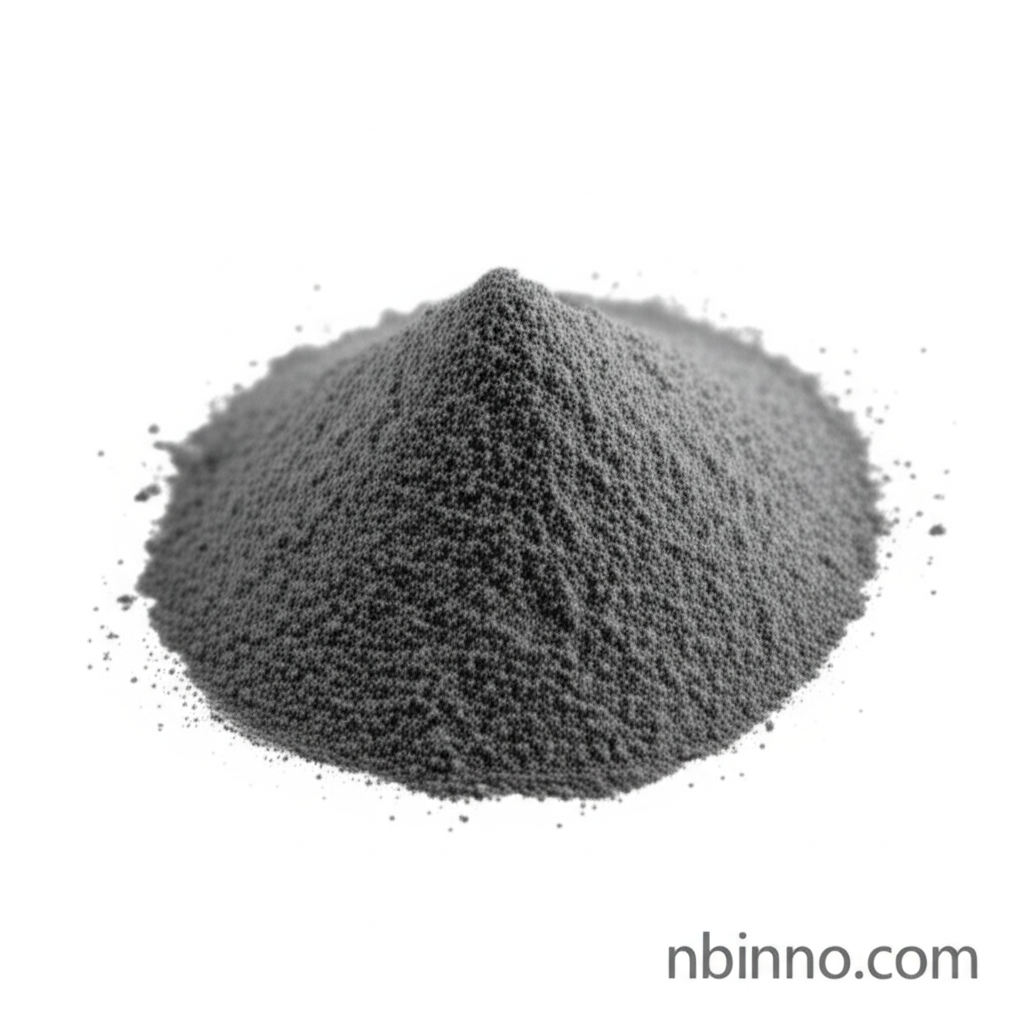HSPyU: An Efficient Peptide Coupling Reagent for Advanced Synthesis
Discover a superior reagent for peptide synthesis and bioconjugation with minimal cytotoxic byproducts.
Get a Quote & SampleProduct Core Value

Dipyrrolidino(N-succinimidyloxy)carbenium hexafluorophosphate
HSPyU is a state-of-the-art coupling reagent designed to significantly enhance efficiency and purity in peptide synthesis and various bioconjugation applications. Its non-hygroscopic nature and capacity to form stable amide bonds without cytotoxic byproducts make it an indispensable tool for chemists working on complex biomolecules and targeted therapies.
- Efficient amide bond formation: Leverage this advanced reagent for seamless amide bond formation in your peptide synthesis workflows.
- No cytotoxic byproducts: Ensure cleaner reactions and purer products with this reagent, crucial for peptide synthesis without cytotoxic byproducts.
- Non-hygroscopic nature: Benefit from the stability and ease of handling offered by its non-hygroscopic properties, improving user experience and reaction reliability.
- Bioconjugation applications: Explore its utility in intricate bioconjugation chemistry for developing advanced therapeutic and diagnostic tools.
Advantages Provided by the Product
Enhanced Reaction Efficiency
Utilize this high-purity peptide synthesis reagent to achieve superior yields and faster reaction times in your complex synthesis projects.
Improved Product Purity
The clean reaction profile of HSPyU contributes to higher purity of the final products, a key aspect for medicinal chemistry building blocks.
Versatile Application Spectrum
From peptide synthesis to drug development, this reagent is a versatile tool, supporting various drug development chemicals needs.
Key Applications
Peptide Synthesis
As a leading peptide coupling reagent, HSPyU is critical for building complex peptide chains with high fidelity and efficiency.
Bioconjugation
Essential for bioconjugation chemistry, this reagent aids in linking biomolecules to surfaces or other molecules for advanced applications.
Drug Development
Its role in facilitating the synthesis of complex drug compounds makes it a vital component in drug development chemicals and pharmaceutical research.
Protein Labeling
Researchers use this chemical for protein labeling, aiding in the study of protein interactions and functions, a key aspect of biotechnology chemical innovations.
